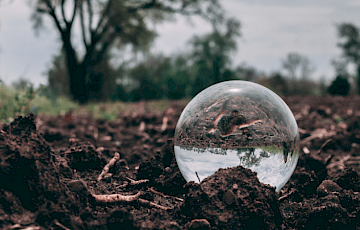4 March 2019
Pedagogy and the Language of Disciplines

In a significant way, knowledge in higher education is divided into disciplines. Disciplines form some kind of semi-permanent receptacles and organisers of knowledge. To produce knowledge, more often than not, means to produce knowledge within a discipline. However, in an equally significant way, knowledge can be divided into particular skills. The skill sets in higher education are somewhat similar to the idea of the “three Rs” in school education—reading, writing, and arithmetic. A large part of disciplines depends primarily on argumentation and description in verbal language (humanities, social sciences), another part primarily on mathematical knowledge (physics, quantitative economics), a third on algorithmic or computational knowledge (computer science, certain aspects of modern biology), a fourth on visual or form-based knowledge (architecture, music and art), and another part on knowledge of substances or materials (chemistry, molecular biology, civil engineering). In fact, most disciplines use one or many of these skills in differing degrees of importance. This list can be extended and nuanced, but the important takeaway is that it is possible to talk about higher education in terms of a systematic combination of these skills. Each of these skills can be considered a “language” that has to be mastered.
Read the original article here



